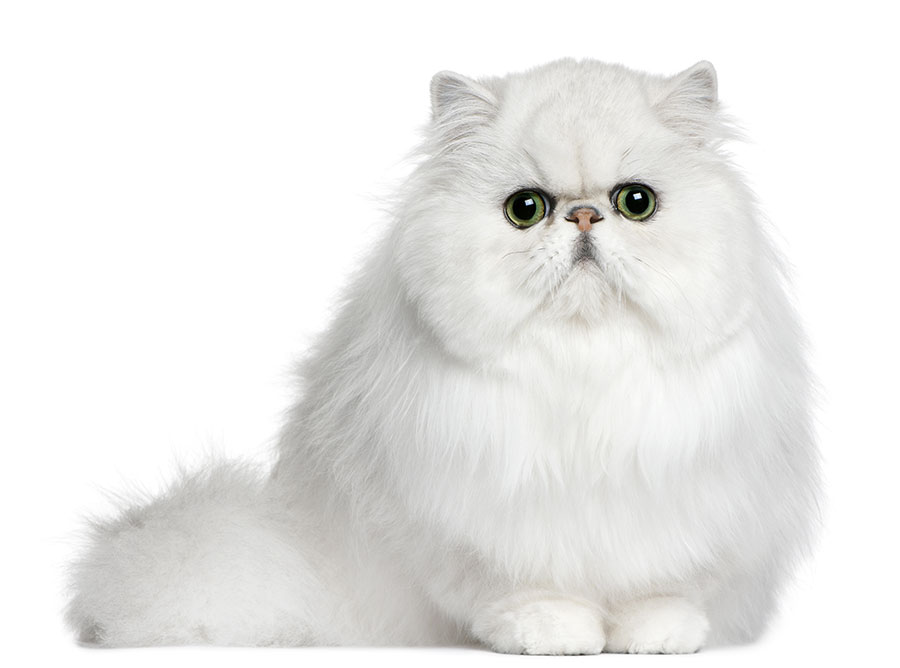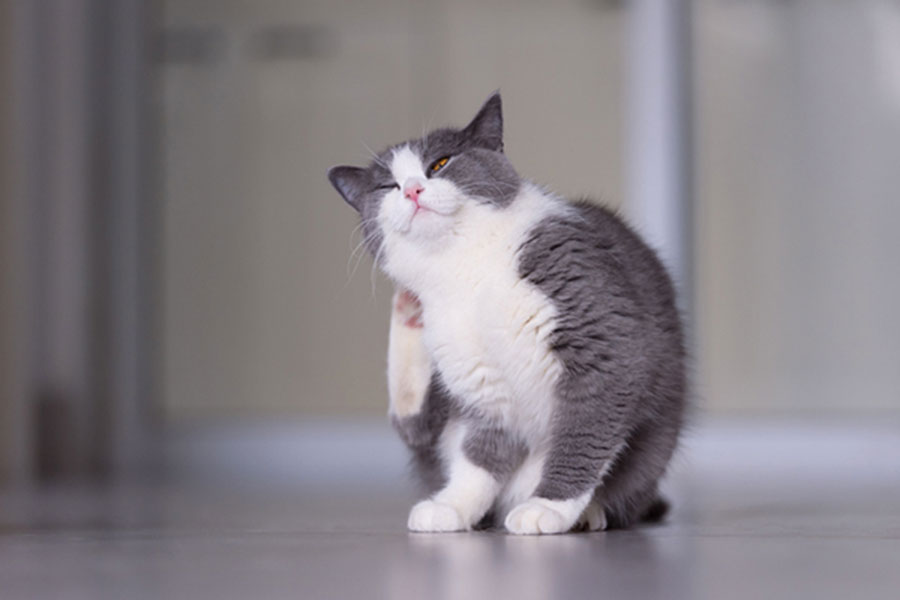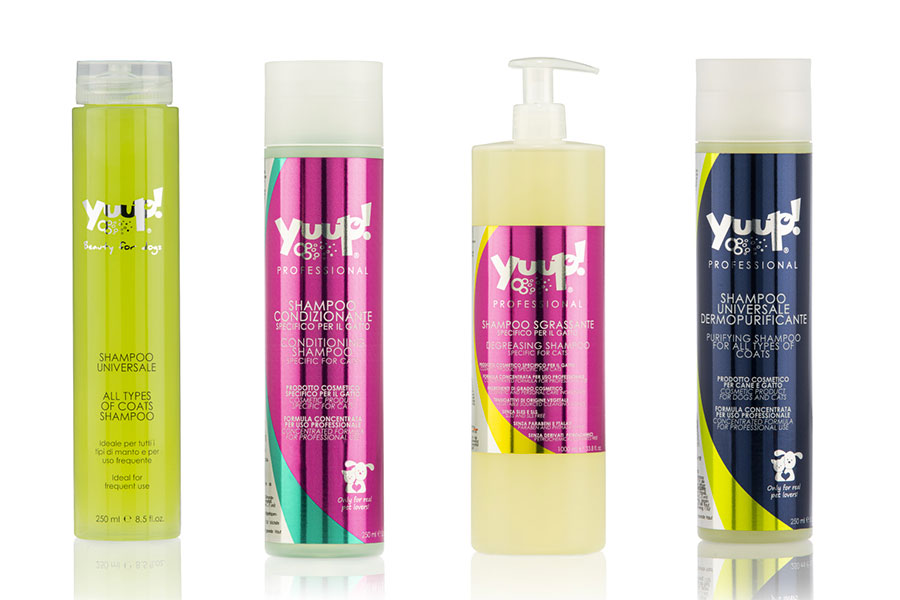
What is cat’s dandruff?
Yes, also cats have dandruff. Our feline friend does not consider whether or not to wear dark clothes (which makes the “snow” on the shoulders stand out) but we will only have to move the coat a little while brushing our friend and the white flakes will appear!
Any cat can get dandruff, regardless of age or coat type. Like our dandruff, cat’s dandruff is made up of flakes of dry, dead skin that accumulate and separate and get trapped in the hair.
If you are used to brushing Luna regularly (perhaps you use a small carder), you will immediately notice that the hair that entangles in the teeth has white dots; brushing will allow us to observe closely the state of the hair and skin.
The kitty’s dandruff is associated with a suffering coat, because it seems dry, dull and opaque. And, sometimes, an annoying itch appears that makes the cat scratch until the skin turns red.
Cat’s dandruff can be a purely aesthetic problem, which can be due to the moulting in summer or winter. But it can also indicate some health disorders that should not be neglected.
The causes of the cat’s dandruff
Excluding seasonal moulting, cat’s dandruff may indicate the presence of other conditions that need to be monitored.
Dermatitis. The cat can suffer from dermatitis, especially if it scratches a lot and the skin is red. Feline dermatitis can have different causes (allergies to some foods, stress, parasites) that we should deepen with the Vet.
Hydration. The cause of dandruff is dry skin, and an insufficient hydration due to a wrong diet, can contribute to causing it. Make sure that the kitty drinks enough water (it is very important that the cat keeps around a bowl of fresh water) or increase water intake through wet food.
Feeding. A diet poor in vitamins and omega-3 essential fatty acids can lead to dry skin and dandruff development. In this case, the vet or the nutritionist will advise you on the best integration.
Washing. Too frequent washing and especially with inappropriate products, can dry the skin and cause flaking. Therefore, it is advisable to wash the cat only when necessary and, for those felines that don’t like to be washed, we should use specific cleaners.
Allergies. Dust, pollen and mould can also cause allergic reactions in cats, which can lead to dermatitis, dry skin and the subsequent dandruff.
Parasites. Some parasites, particularly mites of the Cheyletiella family, cause dermatitis that is itchy and irritating, causing the cat to scratch. It manifests itself with small whitish crusts that are nothing more than the mites themselves.
Stress. The cat is a creature of habit. Environmental stress, as well as excessive heat or the invasion of the territory by the arrival of something or someone new, can affect their behaviour but also their skin health.

Obesity. An obese cat finds it difficult to wash; consequently, dead cells are not removed and dandruff forms.
How to fight cat dandruff (better safe than sorry!)
To prevent your kitty from suffering from this annoying dandruff problem, we can implement some simple precautions that will keep the coat shiny and the skin healthy.
To begin with, if the cat is obese and is not able to wash itself as it should, the problem is not only of an aesthetic nature, but also a risk to its health; so it is essential to talk to the vet. Meanwhile, it will be essential to help the cat to stay clean.
Secondly, the help of the veterinarian will be key to reassess your pet’s diet and perhaps advise you of a specific brand of food for nutritional lack problems or even some integrator.
In case of parasites, we will have to apply a specific anti-parasitic, always with a medical prescription.
A good habit is to brush the cat to help to clean and remove hair and dead cells. Brushing improves circulation, providing nourishing substances on the surface of the skin, allowing the uniform distribution of natural oils, moisturizing and softening the skin.
The cat has dandruff? Less washing, but with proper products!
To eliminate dandruff and the consequent itchiness, the cat’s coat must be treated with specific products for irritated skin, which do not harm the already quite sensitive skin, and do not dry it out even more.
As for the specific treatments, trust your vet who will recommend, based on the case, a medicated lotion, food supplements or specific food when not directly an antiparasitic treatment (in case of dandruff due to infestation).
Luna will love if you take care of her coat delicately, and this care will favour the action of the products recommended by the vet.
Above all, remember that the brush is your best ally; the skin will breathe better if you gently remove dead hair.
As we have mentioned before, the washes will be reserved for situations of extreme urgency. In these cases, if the cat is already used to bathing (you have a kitten that is the salt of the earth!), choose a delicate shampoo that performs a calming effect on sensitive and reddened skin and that is suitable for the PH skin of the cat (never an anti-dandruff shampoo for humans!). Remember that in case of dandruff it is better not to insist too much on bathing the cat because the water tends to dry the skin.
That is why, in case of bathing our cat, a soothing dermo protective lotion with rinsing is very useful, because it will protect dehydrated skin and counteract redness and itching.

Luna probably won’t thank you for soaking, but at least for the next nap she won’t wake up from a sudden annoying itch!



